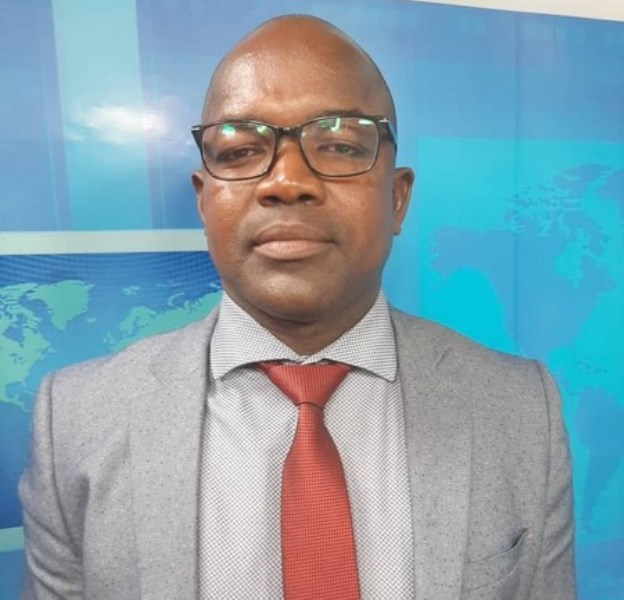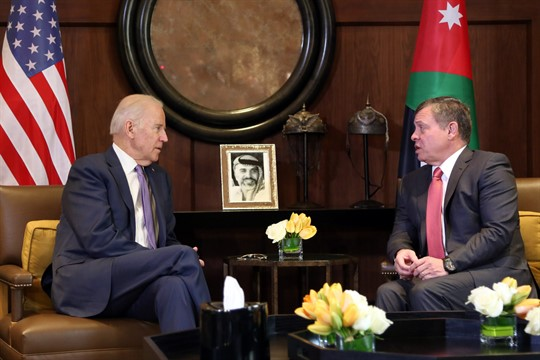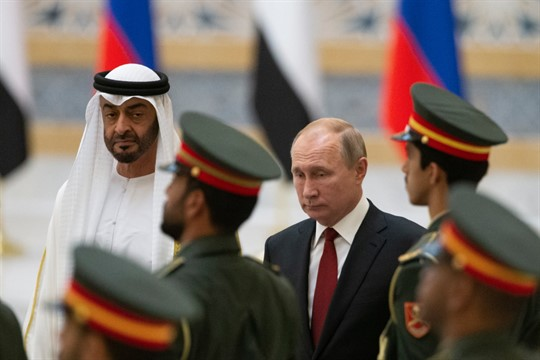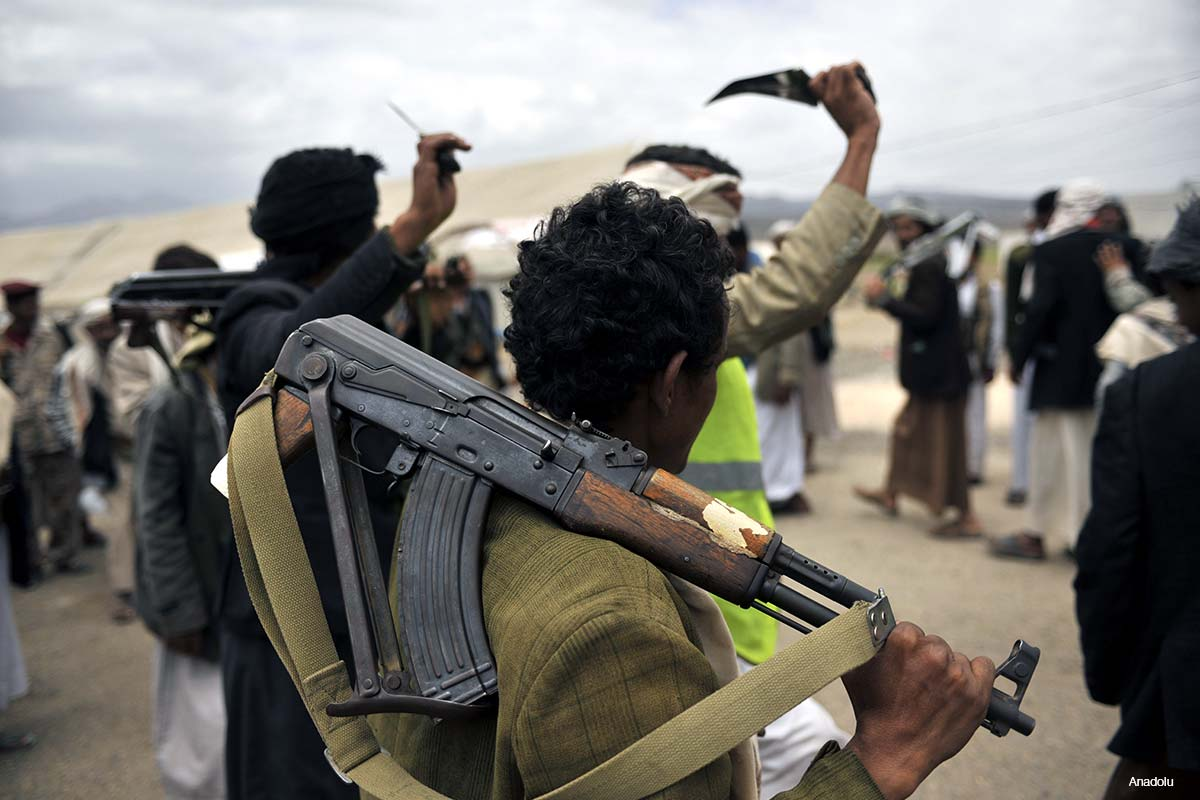Mali : Vice-présidence : Le cabinet d’Assimi Goïta presque au complet, la polémique enfle
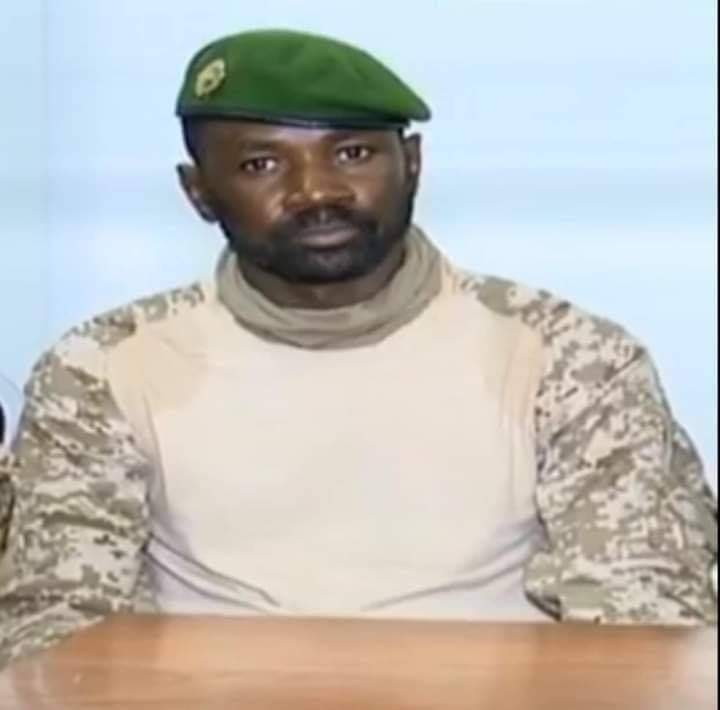
Le cabinet du vice-président de la Transition, le colonel Assimi Goïta, affiche complet, selon les prévisions du décret qui fixe ses attributions et l’organisation de son cabinet. Le directeur, les conseillers techniques et deux chargés de mission sont nommés par décrets du président de la Transition. La mise en place de ce cabinet est diversement appréciée.

